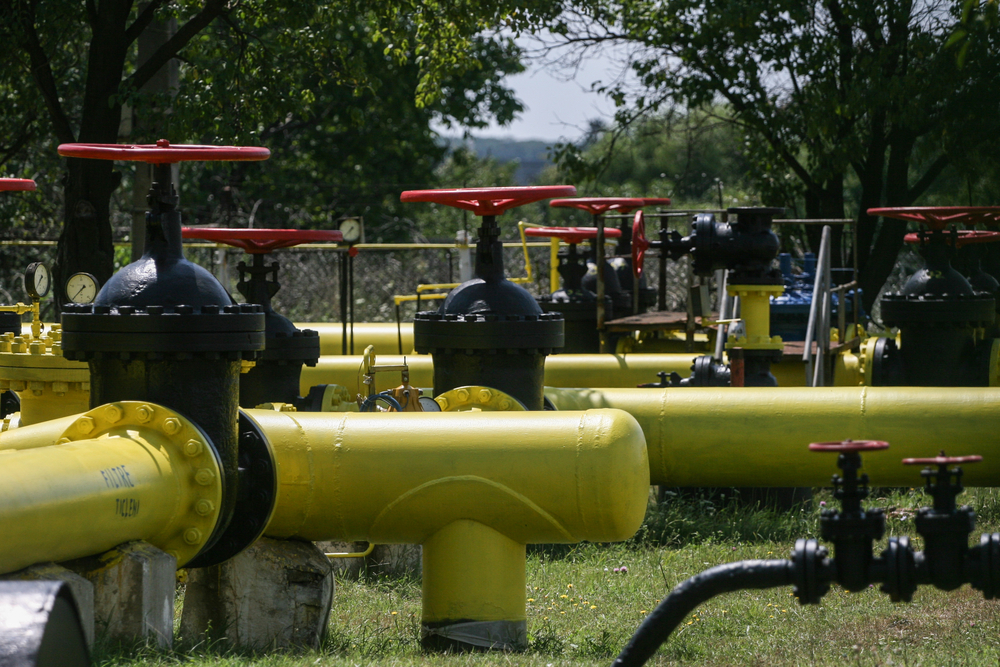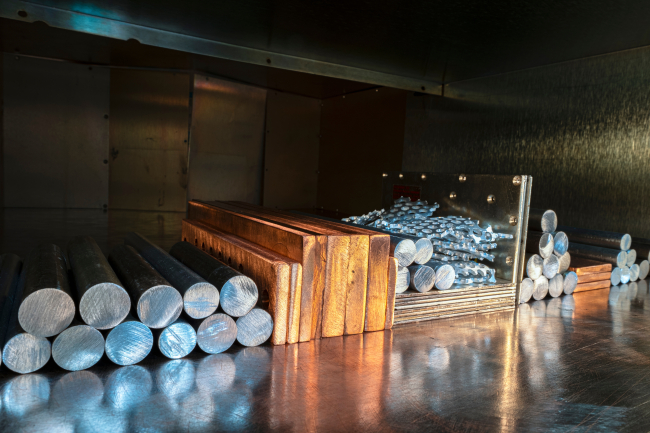Romania: a key player in the Energy Union for the security of natural gas supply?

In 2015, Maroš Šefcovic, Vice President of the European Commission for Energy Union, was writing about Romania as being «at a crossroads - both in strategic and physical terms.

The first European country to have exported its gas is (re)defining its role as an important regional energy hub. Indeed, for this country, which was the first in Europe to introduce electric street lights and to build a natural gas storage, the Energy Union can be the expected chance to stand up among the leading states in the EU, leaving behind its “laggard” status.
The Energy Union is one of the main priorities of the current commission. Adopted in 2015, the Energy Union sets out an integrated vision of the energy sector, based on three pillars : security, efficiency, and competitiveness, for all of which countries must meet their objectives and coordinate their actions in order to achieve a true energy union. Romania’s strategic geopolitical position ( «a bridge between Eastern Europe, such as Ukraine and Moldova, and Central Europe») and its energy independency recommend it as a pivot-actor in the region with respect to the security of gas supply. However, to which extent is Romania prepared to assume a leading role in the making of the Energy Union, more precisely in ensuring the security of gas supply?
Romania can become and influential actor in insuring security of gas supply through diversification of sources and routes and through enhanced interconnectivity in the Central Eastern and Southern-Eastern Europe region. Its potential in gas production also recommends it for the position of a regional energy hub. However, this potential can only be unleashed if Romania implements in a timely fashion the internal market rules, namely regarding competitiveness, transparency and legal certainty.
The first part of this paper will explain that in order for Romanian gas market potential to become a strategic asset for the Energy Union to rely on, competitiveness must be improved. The second part will discuss Romanian major gas network infrastructure projects, making the case for Romania’s potential to become a key player in the Energy Union by boosting security of supply through new routes and increased interconnectivity with other member states and Energy Community members. In the end, this paper will draw on the challenges that Romania still needs to overcome in order to become a reliant partner for the EU on energy security issues.
> Read the article in the Sciences Po Review of Public Affairs, No. 2, August 2018

Available in:
Regions and themes
Share
Related centers and programs
Discover our other research centers and programsFind out more
Discover all our analysesFinancial Tools for Boosting Resilience of CRM Value Chains and Strategic Stockpiling
Critical Raw Material (CRM) value chains are more vulnerable than ever and entire vital industries in Europe are now at risk if supplies are not secured through strategic and urgent actions, given mounting geopolitical confrontation, resource nationalism, growing demand and limited supply increase.
Placing the EU on a Warfare Footing: Energy and Raw Materials Priorities for 2026
The year 2025 has confirmed that one must prepare for much worse in the field of geopolitics and geoeconomics as the intensity and frequency of shocks increase and as the European Union (EU) has no more stable flanks now that crises with the United States (US) become so frequent and reveal a systemic rift. In the world, barriers to trade multiply and dependencies are weaponized.
Brazil One Year Away from the October 2026 General Elections
Brazil’s general elections will be held on October 4, 2026, to elect the president, vice-president, members of the National Congress, governors, deputy governors and state legislative assemblies. For the presidential and gubernatorial elections, a second round will be held on October 25 if no candidate obtains a majority of the votes in the first round.
COP30: An Inflection Point for Climate Action and Governance
The 30th Conference of the Parties (COP30), opening in Belém, Brazil, on November 10th 2025, convenes at a perilous moment.













